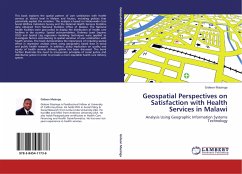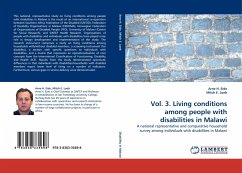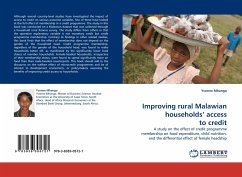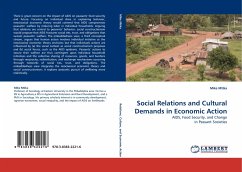This book explores the spatial pattern of user satisfaction with health services at district level in Malawi and factors, including policies that potentially explain the variation. The analysis is based on Nationwide Core Social Welfare Indicators Survey and the National Health Services Statistics data obtained from National Statistics Office of Malawi. The National Health Facilities were geo-coded to display the distribution of health care facilities in the country. Spatial autocorrelation, Ordinary Least Squares (OLS) and Spatial Lag regression modeling techniques were applied to investigate factors contributing to spatial variation of user satisfaction with health services. The book demonstrates the importance of including spatial effect in regression analysis when using geographic based data in social and public health research. In addition, policy implication on quality and equity of health services delivery system has been discussed. The book further illustrates the need toincorporate principles of social justice and distributive justice in order to provide a more equitable health care delivery system.
Bitte wählen Sie Ihr Anliegen aus.
Rechnungen
Retourenschein anfordern
Bestellstatus
Storno








